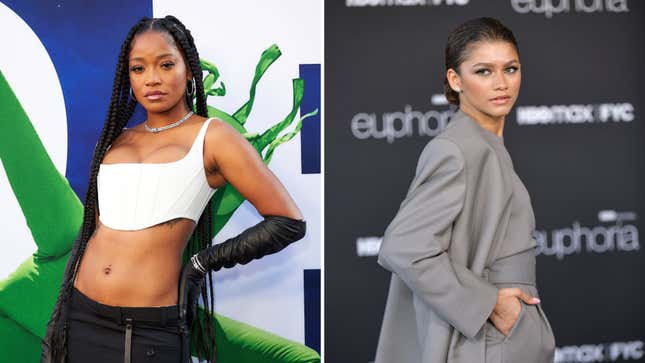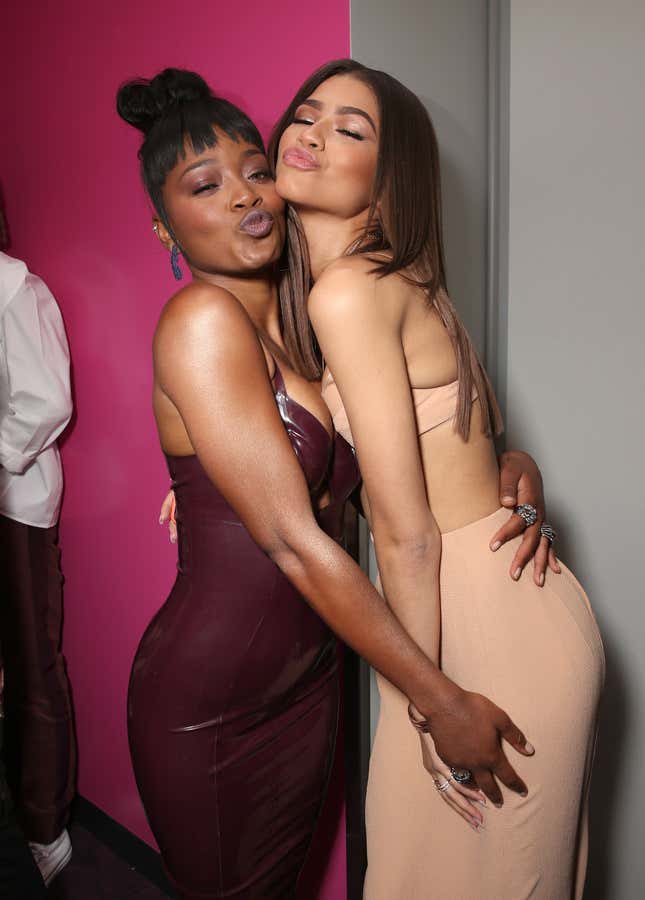Keke Palmer Shuts Down Zendaya Comparisons: ‘A Great Example of Colorism’
The 28-year-old currently starring in Jordan Peele's Nope tweeted, "I'm an incomparable talent."
Entertainment

Keke Palmer is hot off a very entertaining press tour for her latest film, Jordan Peele’s Nope, and is shutting down anyone trying to analyze or take away from her decades of success.
Over the weekend, a tweet that comparing Zendaya and Keke Palmer’s careers went viral. “I’d like someone to do a deep-drive on the similarities and differences between Keke Palmer and Zendaya’s careers. This may be one of the clearest examples of how colorism plays out in Hollywood,” the thread began. “They were both child-stars, but their mainstream popularity is very different.”
While the user clearly believes that colorism has held back Palmer in her career, the Akeelah and the Bee star had a different idea of how she’s actually affected by colorism. “A great example of colorism is to believe I can be compared to anyone,” Palmer tweeted in response. “I’m the youngest talk show host ever. The first Black woman to star in her own show on Nickelodeon, & the youngest & first Black Cinderella on broadway. I’m an incomparable talent. Baby, THIS, is Keke Palmer.”
She said that!
-

-

-

-

-

-

-

-

-

-

-

-

-

-

-

-

-

-

-

-

-

-

-

-

-

-

-

-

-

-

-

-

-

-

-

-

-

-

-

-









































